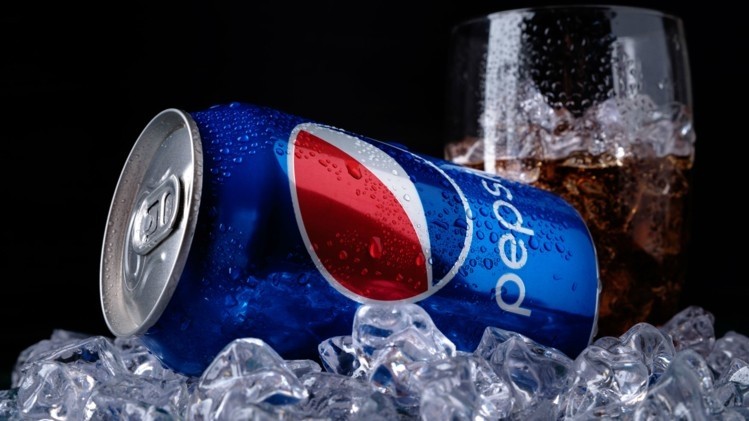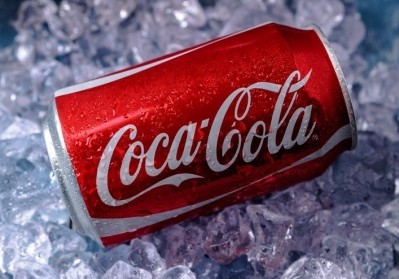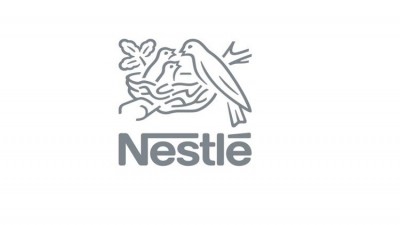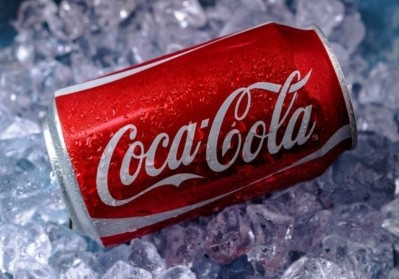PepsiCo and Coca-Cola set to invest US$1.4bn in Pakistan as government touts regional hub opportunity

Via two separate statements released by the Pakistan Prime Minister’s Office, Prime Minster Imran Khan said that Pepsico has “plans to make further investment of $1.2 billion in next five years (sic)” and Coca-Cola will “invest another $200m in the coming years”.
Both companies had reaffirmed their plans for investment in Pakistan via delegations which made separate visits to Khan at his office earlier this month.
The PepsiCo delegation was led by PepsiCo Asia, Middle East and North Africa CEO Mike Spanos, and the Coca-Cola delegation was headed by Coca-Cola Regional Director Orhun Kostem, along with representatives from both the Coca-Cola Company Pakistan and bottlers Coca-Cola Icecek Turkey.
According to Coca-Cola, the company has already invested over US$500mn in Pakistan over the past five years. The additional US$200mn is expected to ‘create new jobs, support ancillary industries and help the Government earn incremental revenue through taxes’.
Speaking for PepsiCo, Spanos said to Propakistani that: “Pakistan is an important market for PepsiCo AMENA. It is a country with a young and growing population, and the people of Pakistan are its greatest asset. We are proud of our 50 years of history in the country.
“We have grown by taking a long-term view, making investments that respond to changing societal needs. We strive to be a development partner with Pakistan.”
Khan added that: “The Present Government is committed to facilitate businesses and investors in every possible manner to take advantage of the existing opportunities in the country.
“[This includes a] population of over 100 million below the age of 30 years.”
“[My vision is to] make Pakistan a regional economic hub.”
More on Coca-Cola in Pakistan
This is not the first time Coca-Cola has levelled investments into the Islamic republic, which is also recognised as the world’s sixth most-populous country.
Back in 2012, the company announced an additional US$248mn worth of investment, which were to be used for two new bottling plants in Karachi and Multan, as well as more coolers to be distributed amongst retailers, according to The Express Tribune.
Prior to this, Coca-Cola already had existing production facilities in Karachi and Punjab.
In addition, Coca-Cola is also known in Pakistan for its music television series Coke Studio, which features live, studio-recorded performances by local artistes. The programme has reached its eleventh season as of October 2018.
More on PepsiCo in Pakistan
PepsiCo also has a web series dedicated to local artistes, dubbed Pepsi Smash, but this appears to have generated less buzz than Coke Studio.
The company also does sports sponsorship, e.g. for the country’s national cricket team, as well as via popular local celebrities.
With the additional investments from both sides, the rivalry between the two companies in the country looks unlikely to end any time soon.
According to Euromonitor: “The Coca-Cola Co and PepsiCo have long battled for supremacy in cola carbonates. While the domestic battle [in Pakistan] has reached a ceasefire amidst declining volumes for both companies, growing demand for cola carbonates […] has reignited the rivalry [here].”
Pakistan economy and draw
The Pakistan economy had looked to be on the rise as a result of increasing foreign investments, post-reductions in both militant attacks and electricity issues, previously prevalent in the country.
Amongst its top investors is China, which has poured some US$62bn worth of investments into Pakistan via the China-Pakistan Economic Corridor (CPEC) set of infrastructural projects as of 2017.
That said, analysts have less-than-optimistic forecasts for the future of the project if things proceed on their current trajectories.
Via a report released earlier this year, the International Crisis Group said: “[As] currently rolled out, the corridor risks aggravating political tension, widening social divides and generating new sources of conflict in Pakistan.
“[Specifically, the project risks inflaming longstanding tensions between the centre and smaller federal units and within provinces over inequitable economic development and resource distribution.”
In addition, the International Monetary Fund (IMF) has released data saying that the country’s current 5.8% growth is likely to fall as low as 4% in 2019, and as low as 3% by 2022.


















